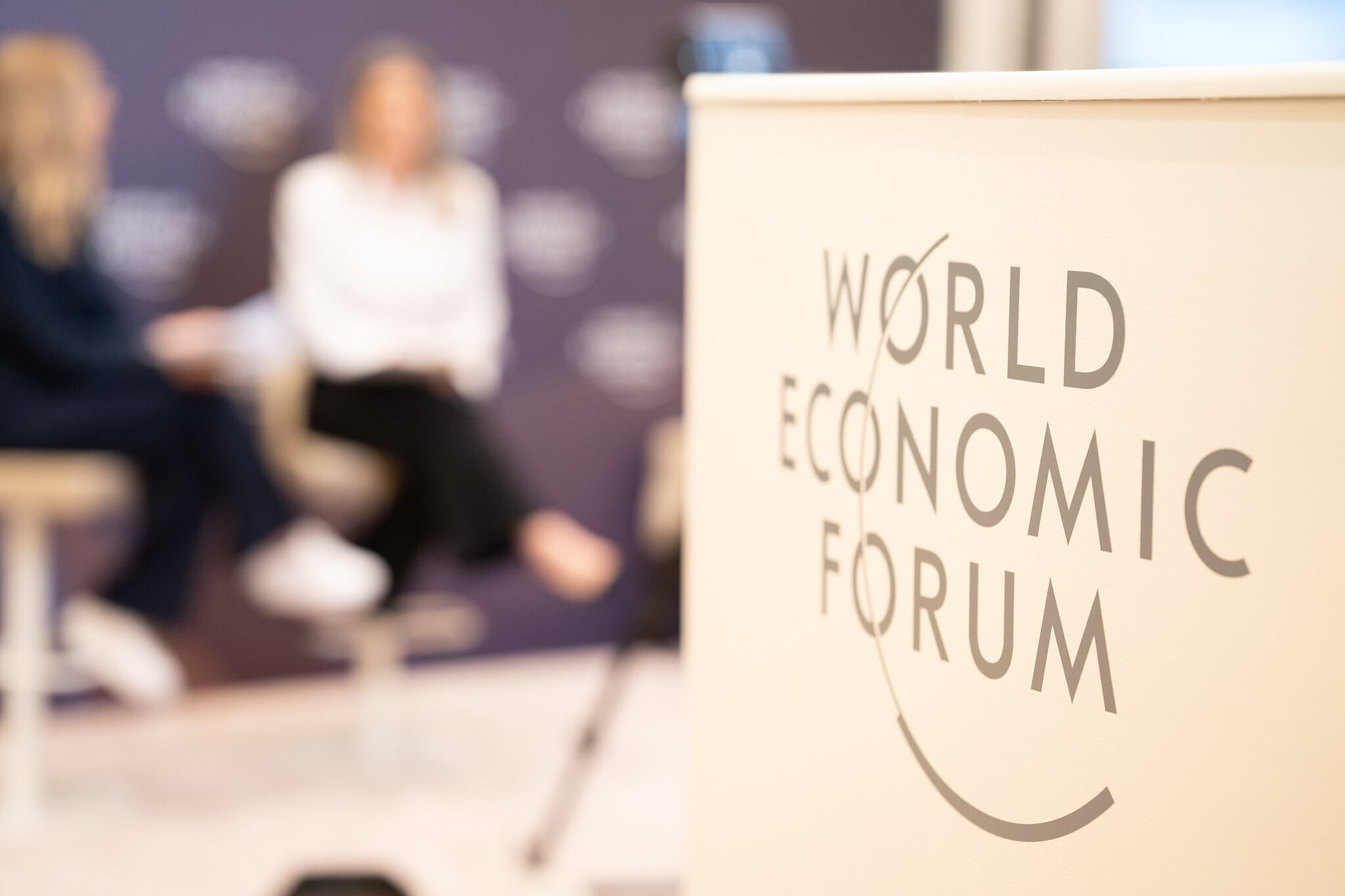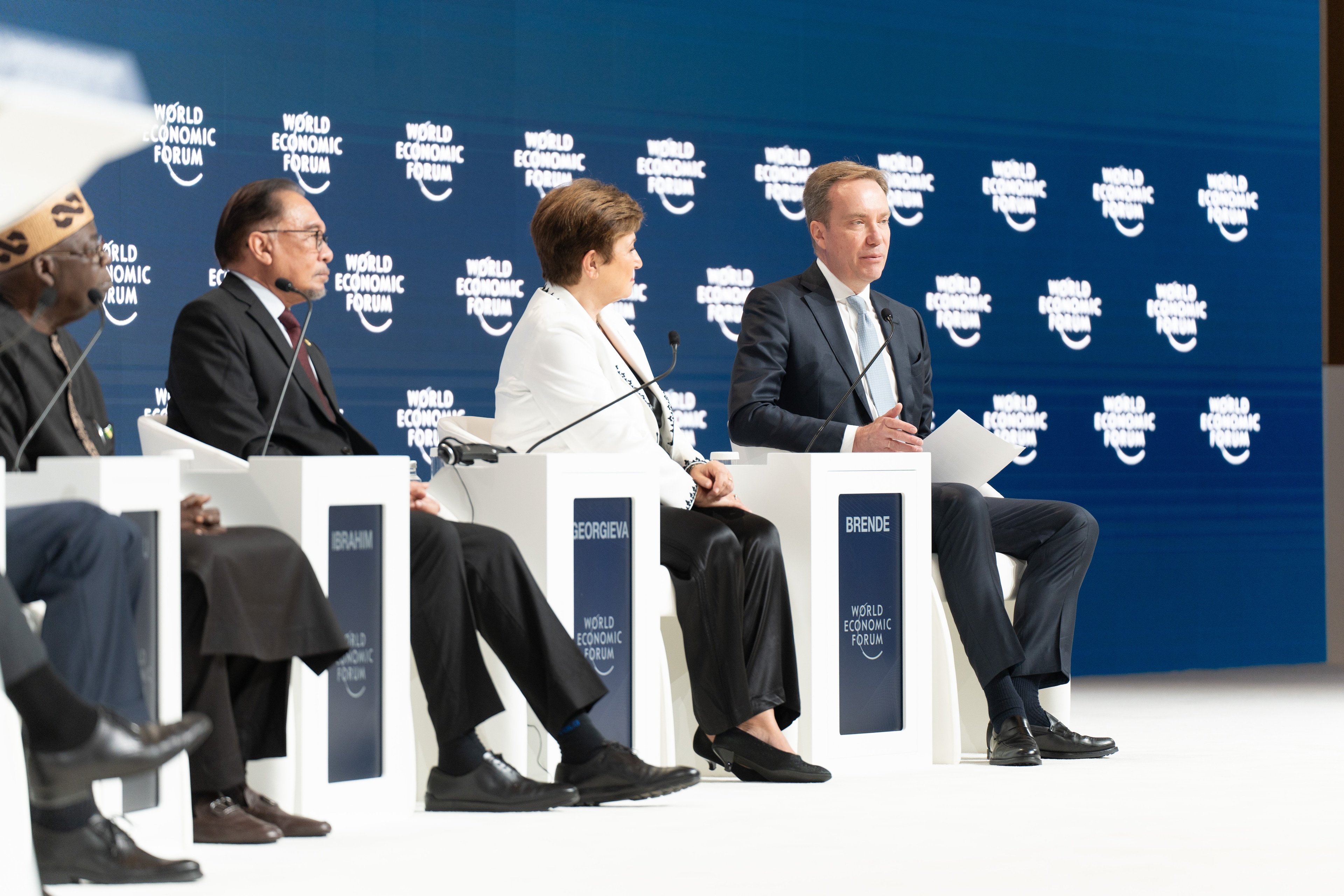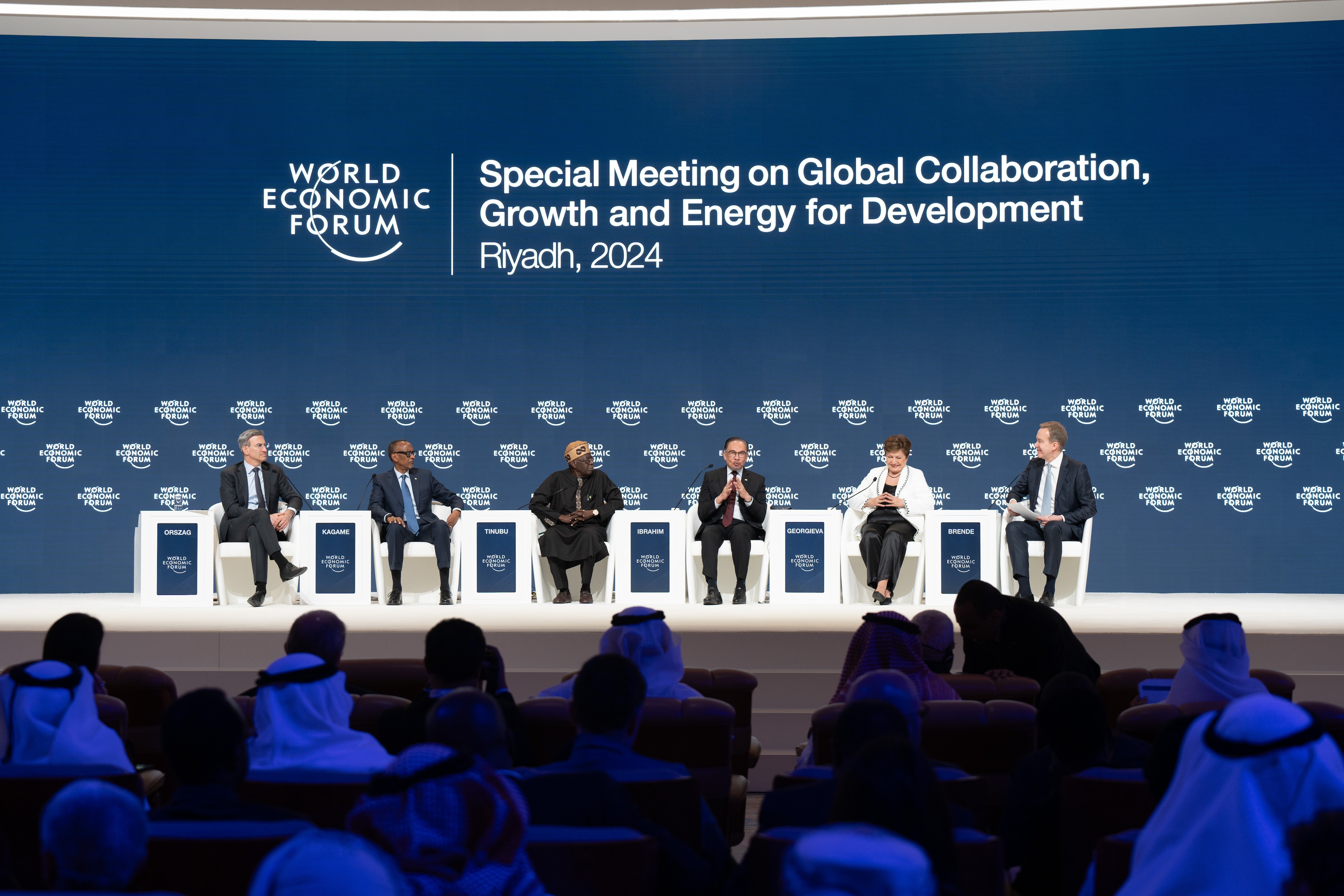Is digital health the next frontier in the global fight against cancer?

Technology is helping make massive strides in cancer diagnosis and treatments. Image: Photo by National Cancer Institute on Unsplash

Get involved with our crowdsourced digital platform to deliver impact at scale
Stay up to date:
Davos Agenda
Listen to the article
- With one in six deaths caused by cancer, experts are searching for new digital health innovations that could turn the tide in the fight against it.
- The rapid rise of digital and data-driven technology in healthcare could offer unprecedented potential in the fight against cancer.
- Global leaders must take steps to ensure that the digital health revolution helps produce a more equitable and sustainable global health system.
Many notable innovations have recently emerged in oncology, including CAR-T cell therapy, liquid biopsies and CRISPR-based treatment — most stemming from biological science fields, such as genomics, pathology and immunology.
However, the rapid rise of digital and data-driven technology in healthcare — such as artificial intelligence (AI), the Internet of things (IoT) and robotics — could offer unprecedented potential in the fight against cancer.
Computational tools to unlock cancer cures
The rise of computational tools has unlocked new approaches to treatments. In particular, AI and machine learning hold the potential to revolutionise how drugs are matched to patients, taking personalised cancer care to the next level. Such technologies could also drastically transform the timeline for developing new drugs, making it a matter of months rather than years.
Other frontier tech applications are in the works too. Quantum computing, for example, could have the potential to rapidly advance drug discovery and clinical trials. New multi-sectoral partnerships are forming around quantum computing in medicine, with oncology as a key focus area.
What is the World Economic Forum doing to improve healthcare systems?
Going beyond the pill: prevention and diagnosis
Beyond developing and integrating new treatments, AI shows incredible promise to vastly improve early detection and prevention rates too. Missed or incorrect medical diagnoses are a serious concern in healthcare and oncology is one of the highest-risk specialities.
Leading research and medical institutions are applying the latest AI advancements to diagnose common cancers, including lung cancer via CT scans and colon cancer via endoscopy, where algorithms can spot difficult-to-detect cancers more effectively than humans. This technology is still maturing, but it could soon produce a step change in the percentage of cancers caught early.
Given potential safety concerns with automation and security and privacy concerns with patients’ health data, however, authorities must ensure the responsible use of these new technologies by putting in place appropriate regulatory mechanisms and ethical guidelines,
Digitising the patient journey
New digital technologies may transform health outcomes and support a better patient experience. A wide variety of established digital tools, often including mobile applications and telehealth, have been employed to help patients and families manage some aspects of cancer care from the relative comfort of their homes.
Emerging evidence even suggests that virtual reality could become a potential tool for cancer care across a variety of use cases, including patient education and anxiety management. Some virtual solutions for pain management have already received FDA approval and similar technologies could one day be translated into oncology.
Expanding global access to care for all
With as many as 70% of cancer deaths occurring in low and middle-income countries (LMICs), it is crucial that these new technologies reach the most vulnerable — especially as they already have shown great promise in low-resource settings, such as rural India.
Some LMICs, however, face various roadblocks to digital health uptake, such as limited financial resources, inadequate infrastructure and a shortage of skilled healthcare professionals. International funding and support will be key to bridging the technology and health gaps. In total, the World Health Organization has called for at least $140 billion to be invested by 2030 to ensure 90% coverage of cancer services globally.
As digital innovations in the fight against cancer continue to advance, global leaders must take steps to ensure that successful innovations reach those who need them most and that the digital health revolution helps produce a more equitable and sustainable global health system.
This article is published in collaboration with Health News IE’s #Innovations in Oncology Campaign 2023 campaign.
Don't miss any update on this topic
Create a free account and access your personalized content collection with our latest publications and analyses.
License and Republishing
World Economic Forum articles may be republished in accordance with the Creative Commons Attribution-NonCommercial-NoDerivatives 4.0 International Public License, and in accordance with our Terms of Use.
The views expressed in this article are those of the author alone and not the World Economic Forum.
Related topics:
The Agenda Weekly
A weekly update of the most important issues driving the global agenda
You can unsubscribe at any time using the link in our emails. For more details, review our privacy policy.
More on Forum InstitutionalSee all
Maroun Kairouz
May 3, 2024
Gayle Markovitz
April 28, 2024
Gayle Markovitz
April 27, 2024
Mirek Dušek and Maroun Kairouz
April 27, 2024
Kate Whiting
April 26, 2024
Spencer Feingold and Gayle Markovitz
April 19, 2024






